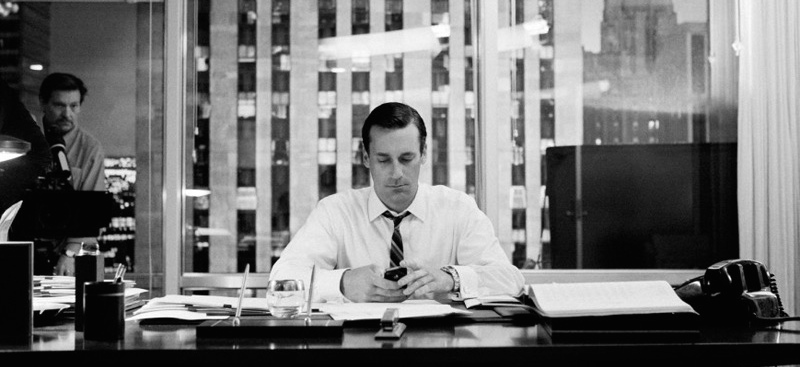Who eats lunch at the desk while cracking a bunch of emails? Who attempts to answer random colleague questions while in the middle of a strain brain project? Who responds to personal text messages during a teleconference? Who views work emails while lip syncing headphone fed Sam Smith on the home commute? Yep! Guilty as charged. And I bet you do too. It’s called multi-tasking, and we all do it, but is it good or bad?
Multitasking – good or bad?
I asked the question of my work colleagues and the overwhelming response was – It’s good ‘cos it’s the only way I can get through all my work! If you’re echoing the same sentiment, it’s time to hit the pause button for, according to Susan Pearse, co-author of One Moment Please – It’s Time to Pay Attention – attempting to multi-task is actually slowing us down.
Pearse says ‘We are living in an environment where distractions are growing and change is speeding up, and as we spend more and more time doing things, we are spreading our attention too thinly, which makes us less efficient’. She has a point. Think about this:
- We are now exposed to enough information to fill 174 newspapers on any given day, yet our brain can only process 0.001% of this information.**
- We now do one thing while thinking about another on average 47% of the time.
- In the past five years alone, our attention spans have dropped from 12 seconds to eight.*
We now have a shorter attention span than a Gold Fish!*
According to the research, it can take twice as long to do two things at once. As emphasised by Pearce, multi-tasking results in things missed, mistakes being made, relationships becoming disconnected and, what’s more, has been found to be damaging to the part of the brain that’s responsible for positive feelings. Stands to reason that when we give our total attention to a task, we bring our full potential to that task (or person). Do it once, do it well and we are likely to feel far more satisfied.
But what to do if we are one of ‘those’ multitasking ‘failures’?
For starters, eating while we work is a productivity myth. Take even a five-minute break and connect with nature and we’ll perform far better in the afternoon.
If people are asking questions while you’re doing something, either politely ask them to come back in 10 minutes or, take a big deep breath, spin that chair to face them and give them your full attention. The key lies in switching our attention completely, not dragging it to this task while it’s still processing the previous one.
The average person checks their phone every four minutes (study by Teckmark). Avoid the distraction by moving it out of sight. Same with the daily home commute. Our attention is a limited resource; we often use it up during the day then have nothing left to give our people at home. Instead use that time to rest and recover.
Open plan offices are like beehives buzzing with distractions, so it’s important to manage our personal attention. It requires discipline but is well worth it for the most productive, happy workers are those who focus on the things that really matter.
Implement just one of these solutions and I guarantee you’ll have made one significant difference to your well-being. Well go on, what are you waiting for?
*You Now Have a Shorter Attention Span Than a Goldfish – Time
**’Hit the Reset Button in Your Brain’ – New York Times.
Getty images – John Hamm – Mad Men


Jane Davies
April 25, 2016 at 12:28 pm (9 years ago)All true!! Thanks for the wake up call.